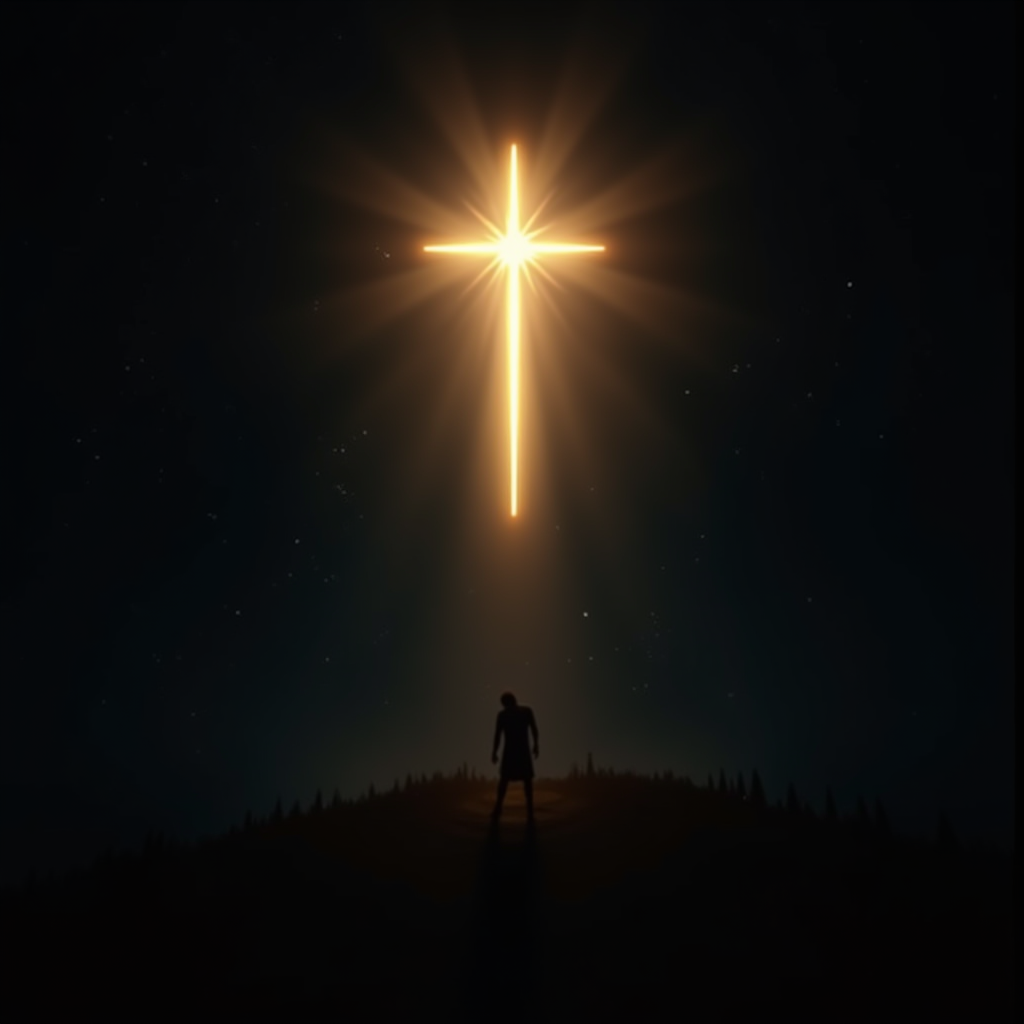
A radiant star and cross, symbolizing Jesus as the true lightbearer in Revelation.
Morning Star Controversy: Satan or Jesus as Lightbearer?
On the Ask A Christian Podcast, I joined guest Ahmed to unravel the Morning Star controversy. Why does Scripture call both Satan in Isaiah 14 and Jesus in Revelation the “Morning Star”? Does this equate them? We explored this theological puzzle with biblical precision. For context, read Revelation 22 on BibleGateway. Let’s dive in!
Morning Star Controversy in Scripture
Ahmed sparked the Morning Star controversy by noting Isaiah 14’s “Morning Star” (linked to Satan) versus Revelation 22’s “Bright and Morning Star” for Jesus. He suggested this creates confusion or equates the figures. However, this overlooks context. Isaiah 14 addresses a fallen Babylonian king, not Satan directly. Meanwhile, Revelation exalts Jesus as the divine light. For more theological clarity, dive into our Theology Unpacked section.
The term “Morning Star” tied to Venus’ brilliance was a common honorific for kings in ancient times. Thus, the controversy stems from misunderstanding its symbolic use across contexts.
Clarifying the Biblical Lightbearer
Guest Chris tackled the Morning Star controversy head-on. Isaiah 14’s “Morning Star” likely describes a Babylonian king’s prideful fall, using Venus imagery common in first-century rhetoric. The Satan link emerged later, around the 1850s, and lacks strong exegetical roots. In contrast, Jesus in Revelation 22:16 is the “Bright and Morning Star,” the true lightbearer (John 8:12). Therefore, no contradiction exists—just distinct contexts.

Dive deeper into defending your faith with Nate’s book on apologetics and thoughtful religious discussion.
Morning Star Controversy: False vs. True Light
The episode framed Isaiah’s figure—whether a king or metaphorically Satan—as a counterfeit lightbearer. Jesus, however, is the true light (John 8:12). This resolves the Morning Star controversy. The Babylonian king’s false glory fades; Jesus’ divine radiance endures. Consequently, Scripture distinguishes a deceptive figure from the eternal Savior, clarifying the term’s dual use.
Theological Implications
The Morning Star controversy highlights Scripture’s depth. Misreading context can spark confusion, but careful study reveals truth. The Babylonian king’s fall in Isaiah warns against pride. Jesus’ title in Revelation proclaims His divinity. Thus, the controversy isn’t a flaw but a call to discern false lights from the true. This lesson applies today—beware imitations of Christ’s glory in culture or personal ambition.
The Morning Star controversy reveals Scripture’s call to discern truth from deception. Jesus alone is the true lightbearer. For more theological clarity and resources, visit our Linktree for general resources. Keep seeking the true light!
Share this: #MorningStarControversy #BiblicalTheology #AskAChristian
